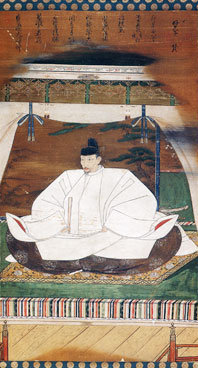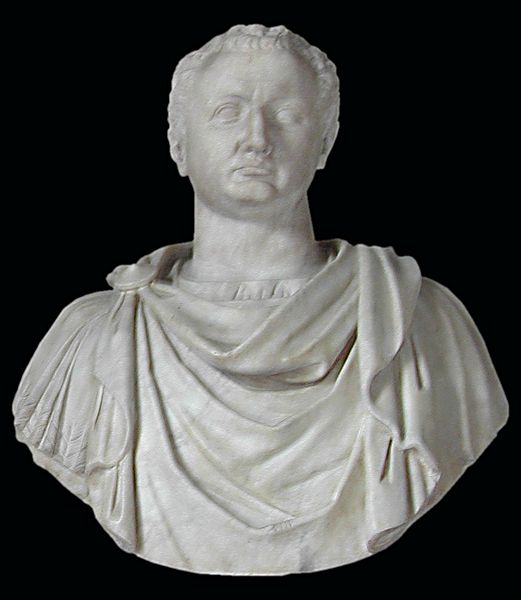 Holy water should have HEALTH warnings.
Holy water should have HEALTH warnings.Did you think holy water had some sort of protective power; the power to ward off evil? Think again.
Religion poisons everything, including the holy water they sprinkle everywhere and which they slosh all over the heads of unfortunate babies taken by their parents to churches to have protective spells cast over them. A study by researchers at the Institute of Hygiene and Applied Immunology at the Medical University of Vienna, Austria found that eighty-six percent of holy water was too dangerous to drink, often being contaminated by harmful pathogens including E. coli, the normal indicator of fecal contamination. The more popular the church, the more likely it was to find poisonous holy water in use. The usual source of fecal contamination is poor toilet hygiene or inadequate sewerage.
The irony is that holy water, which came originally from 'holy' wells, may well have earned it's curative/protective powers not because of what was in it but because of what wasn't; not because of what it contained but because of what it didn't contain. It was once probably purer than normal public drinking water before we understood the necessity of keeping human waste away from drinking water. This was demonstrated by the English physician John Snow who brought a major outbreak of cholera in London to an end in 1854 by the simple measure of closing a local well. He was of course building on the work of scientists like Robert Koch and Antonie van Leeuwenhoek, the scientists who discovered microscopic life and linked it to disease to produce the 'Germ Theory' of infectious disease. These discoveries have probably done more to improve human health and to prolong life than any other scientific discovery, save possibly that of antibiotics.
 Holy wells quite probably owe their existence to religious ignorance of micro-organisms and to a typically magical, and wrong, interpretation of observed events. Drinking water in pre-scientific times, especially close to human habitation, would have been heavily contaminated by human fecal matter which would have leaked into it from the earth closets and primitive latrines which served as toilets. The medieval human world would have been awash with E. coli and other harmful enteric pathogens and diarrhoea and vomiting would have been normal with outbreaks of cholera common.
Holy wells quite probably owe their existence to religious ignorance of micro-organisms and to a typically magical, and wrong, interpretation of observed events. Drinking water in pre-scientific times, especially close to human habitation, would have been heavily contaminated by human fecal matter which would have leaked into it from the earth closets and primitive latrines which served as toilets. The medieval human world would have been awash with E. coli and other harmful enteric pathogens and diarrhoea and vomiting would have been normal with outbreaks of cholera common.I was born and brought up in a sixteenth-century farm-labourer's cottage in a village in North Oxfordshire, England which still had an earth closet lavatory at the end of the garden. About ten yards away, and downhill from the lavatory was an ancient well which we shared with our neighbours, fed by a deep spring which was fed no doubt partly by liquids from our lavvy, and if not our lavvy then by those of houses further up the hill. Fortunately, we had mains water by the time I was born because the parish registers of villages in the area, and probably the rest of Europe, from only a couple of generation earlier are full of multiple burials of children, the victims of yet another cholera epidemic. The commonest age of death was under five years old in those days.
Anyone suffering yet another bout of diarrhoea and vomiting or an outbreak of boils who happened to find a spring in a wood or far enough away from habitation to avoid contamination, and who drank from it for a few days would very probably have a 'miracle' cure and so another source of holy water would have been found.
Now, of course, science has improved drinking water to such an extent, that it is far safer than water from the holy wells of former times.
Of course, despite desperate trawling through the holy books to find a passage here or there which, with the benefit of hindsight and religion's favourite 'proof', confirmation bias, there is absolutely nothing at all about micro-organisms or their role in disease in the the Bible. There is nothing that hints at Germ Theory; there is nothing about the importance of hygiene other than vague references to it. You'd have thought that a designer who cared about mankind would have told us a little about the germs it had designed and how to avoid catching them. This would have added immeasurably to the sum total of human happiness and done more to improve the quality of life for its creation than just about anything else, apart from not designing the germs in the first place. It's almost as though it wanted us to get sick and for lots of our children to die before the age of five.
About the closest to it is:
You shall have a place outside the camp, and you shall go out to it. 13 And you shall have a trowel with your tools, and when you sit down outside, you shall dig a hole with it and turn back and cover up your excrement.
Nothing there about making sure you're below the water supply. Nothing about boiling water. It's as though the authors of the Bible knew nothing about germs and the causes of disease. In the best traditions of religious blundering about in ignorance, pure water was assumed to be magic and the real cause of disease was never even guessed at. The answer was, as it always is with religion - "God did it!" It took science to work it out the real situation and of course religion got it completely wrong, just as it has been shown to have done with other explanations of the natural world when science has shown us the truth.
By contrast, if religion is ever right about anything, it's right by accident.
'via Blog this'




















